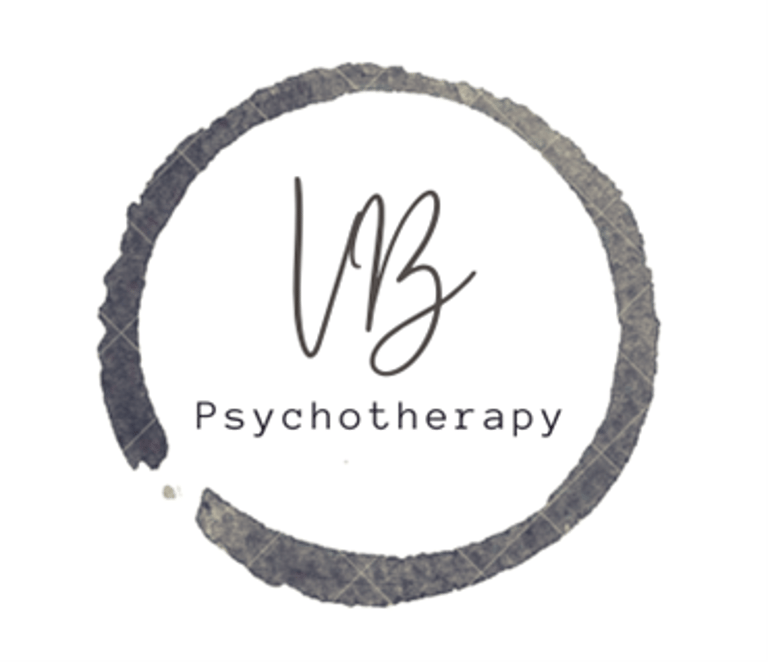No waitlist. Virtual across Ontario. Mon-Sat: 9am to 8pm.
What is EMDR and What are the Benefits?
3/11/20253 min read
What is EMDR Therapy?
Eye Movement Desensitization and Reprocessing (EMDR) is a type of therapy that helps people heal from trauma and emotional distress. It was developed by psychologist Francine Shapiro in the late 1980s and is now a well-researched approach, especially helpful for PTSD, anxiety, depression, and other trauma-related symptoms.
Essentially, EMDR helps the brain reprocess memories that feel “stuck” so they no longer cause strong emotional reactions.
How Does EMDR Work?
When we go through something overwhelming or traumatic, our brains sometimes don’t fully process the memory. That memory—and the emotions, thoughts, and body sensations that come with it—can stay stuck. This can lead to symptoms like anxiety, flashbacks, trouble sleeping, or low self-worth.
In EMDR, the therapist gently guides you to focus on a distressing memory while also using bilateral stimulation—like following a hand with your eyes, tapping, or listening to sounds that alternate between your ears. This technique helps the brain “digest” the memory and store it in a healthier way.
You don’t need to talk about the experience in full detail. Instead, the focus is on how it feels now and helping your brain process it safely. Think of it as watching outside pass you by as you’re on a moving train; you’re observing the memory in the now safely.
Benefits of EMDR Therapy
Many people find that EMDR helps them feel relief faster than some traditional talk therapies. Here are a few key benefits:
1. Trauma Relief
EMDR is especially known for helping people heal from trauma. This could be a big event (like an accident or loss) or smaller, repeated experiences (like criticism or emotional neglect). Many clients notice:
Fewer flashbacks or triggers
Less emotional overwhelm
More inner peace
2. Reduced Anxiety
EMDR can reduce anxious thoughts by helping the brain feel safer. People often say they:
Worry less
Feel more grounded
Respond to stress with more ease
3. Stronger Self-Esteem
Trauma often impacts how we see ourselves. EMDR helps shift negative beliefs like “I’m not good enough” into healthier ones like “I’m capable and worthy.” This can lead to:
More confidence
Greater self-compassion
Better decision-making
4. Lasting Change
The effects of EMDR are long-lasting. Once your brain has reprocessed a memory, it usually stays that way. This means:
Continued healing even after therapy ends
Improved emotional resilience
A stronger sense of well-being
What to Expect in a Session
Each EMDR session is personalized to your needs. You’ll start by getting to know your therapist and building trust. Before diving into memory processing, your therapist will teach you calming techniques to help you feel safe and in control.
When you're ready, you’ll work together to identify memories or experiences that still carry emotional weight. You’ll then begin the bilateral stimulation process while focusing on one of those memories.
Throughout the session, your therapist will check in with you and guide you gently through the process. Many clients describe feeling tired afterward, but also lighter and more at peace.
Is EMDR Right for You?
EMDR may be helpful if you:
Have experienced trauma, anxiety, or loss
Struggle with memories or emotions that won’t go away
Feel stuck, even if you’ve tried therapy before
Want to feel more confident, calm, and in control
It’s okay to feel nervous about starting. EMDR is a flexible, client-centered approach that moves at your pace. You don’t need to have all the answers—just a willingness to start your healing journey.
Ready to Take the Next Step? How to Start EMDR Therapy?
At VB Psychotherapy, we offer trauma-informed EMDR therapy in a safe, compassionate space. If you’re curious whether EMDR could support your healing, we’d love to connect.
You don’t have to carry the weight alone. Healing is possible—and we’re here when you’re ready.
📞 Book a free 15-minute consultation HERE.
Driessen, H. P. A., Morsink, S., Busschbach, J. J. V., Hoogendijk, W. J. G., & Kranenburg, L. W. (2024). Eye Movement Desensitization and Reprocessing (EMDR) treatment in the medical setting: a systematic review. European Journal of Psychotraumatology, 15(1). https://doi.org/10.1080/20008066.2024.2341577
Philips, L. (2021, September). Tapping into the benefits of EMDR. American Counseling Association. https://www.counseling.org/publications/counseling-today-magazine/article-archive/article/legacy/tapping-into-the-benefits-of-emdr
What is EMDR therapy and why is it used to treat PTSD? (2023, December 21). American Psychological Association. Retrieved March 11, 2025, from https://www.apa.org/topics/psychotherapy/emdr-therapy-ptsd
References








Office
© 2025. All rights reserved.
Social Media
Links
Virtual Therapy Across Ontario
hello@vbpsychotherapy.com
437-757-1615
Mon - Sat: 9am to 8pm

